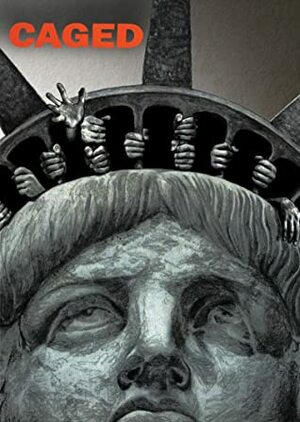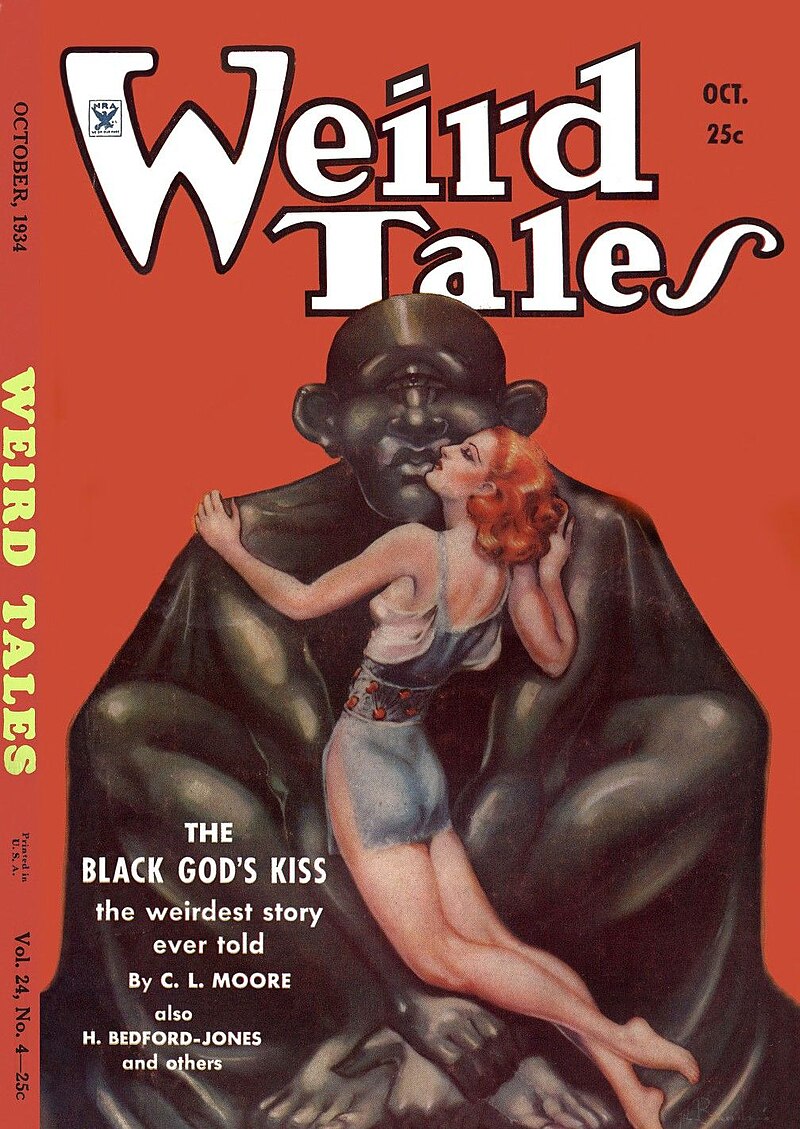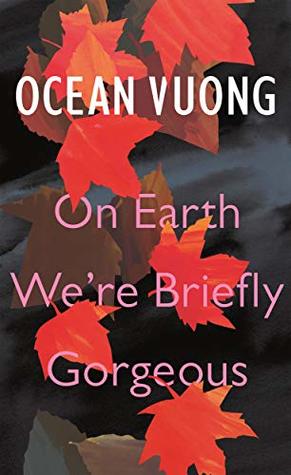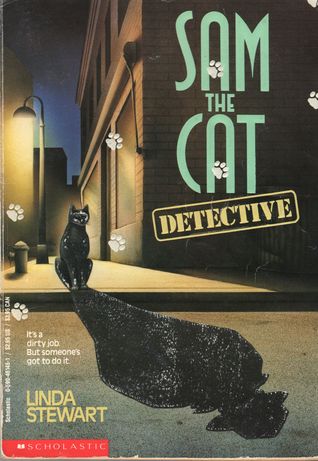
Most years I participate in an online card and gift exchange community. Starting in November or so, people post their wishlists and people send whatever cards and gifts they have the means to send. I received Maybe You Should Talk to Someone as part of this exchange (they saw it was on my GoodReads “to read” shelf), and there’s no faster way for a book to climb to the top of my reading agenda than to be either a library book or a gift. It turned out to be the kind of lighthearted easy read that works well in the post holiday blahs. Maybe it says something about me that a book about people in therapy, including parents who lose a child in car crashes and a dying cancer patient in her early 30s, feels like a “lighthearted easy read.” Gottlieb does an excellent job of conveying other people’s stories with respect and kindness, balancing the very serious and heartbreaking parts of life with the ones filled with beauty and joy.
Maybe You Should Talk to Someone focuses on three areas: a few of Gottlieb’s patients, Gottlieb’s own biography, and Gottlieb’s experience as a patient when she starts seeing a therapist after a difficult breakup. Everyone will get something different out of it, of course, but for me the most interesting parts were the behind-the-scenes looks at Actually Being A Therapist, like the philosophy behind how offices are set up and how other people approach and treat their therapists.
I say “other people” because I also see a therapist, so the natural inclination is to compare how they interact with their therapist to how I interact with mine. Lots of people, it turns out, leave voicemails for their therapist between sessions? Or send emails with random “hey this is cool” links? Even Gottlieb does this with her own therapist at one point so I assume she doesn’t think this is weird. But I find it incredibly weird—my therapist is obviously supposed to be compassionate and supportive and all of that, but it’s not her job to be a friend—but maybe I only find it weird because I’ve had exactly three sessions in as many years. (Thanks Covid!)
My only complaint about the book is that I feel like Gottlieb (or maybe more specifically, the publisher, since I don’t think authors control the marketing or the back-of-the-book blurbs) hypes up how unconventional her therapist, Wendell, is. In practice it just seems to be that he has his furniture arranged slightly differently, whereas I was expecting a therapist version of, like, Patch Adams or Dead Poets Society. But that’s not really the point of the book so it’s minor complaint that I’m willing to put aside at the end of the day. The more important thing is that this is the book that gently nudged me towards booking a long-overdue appointment with my therapist, and that will hopefully help normalize and destigmatize therapy.







